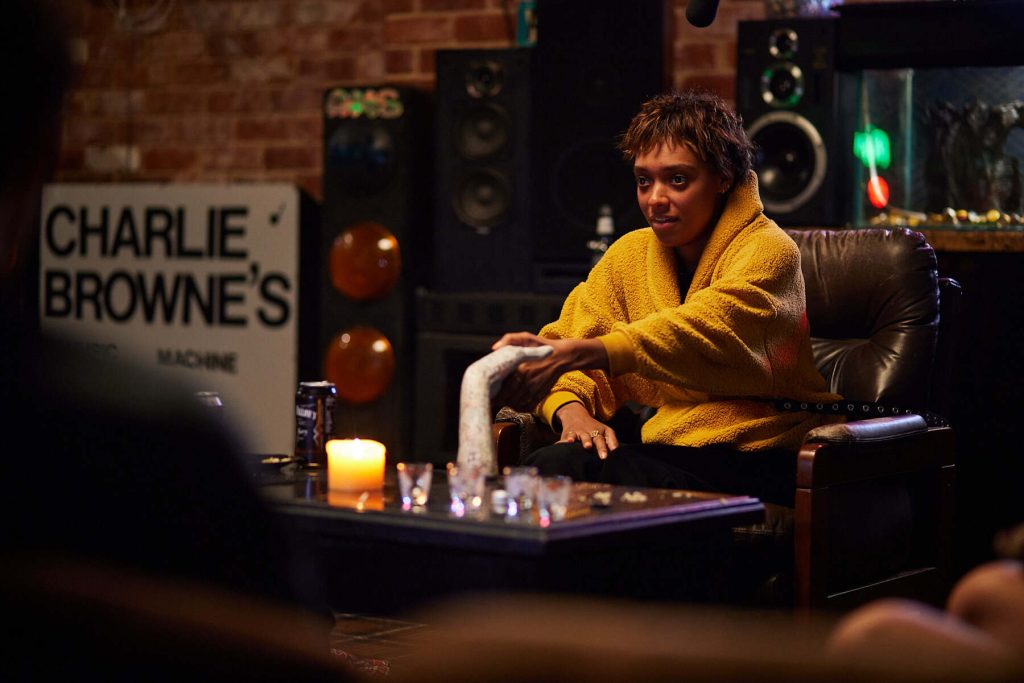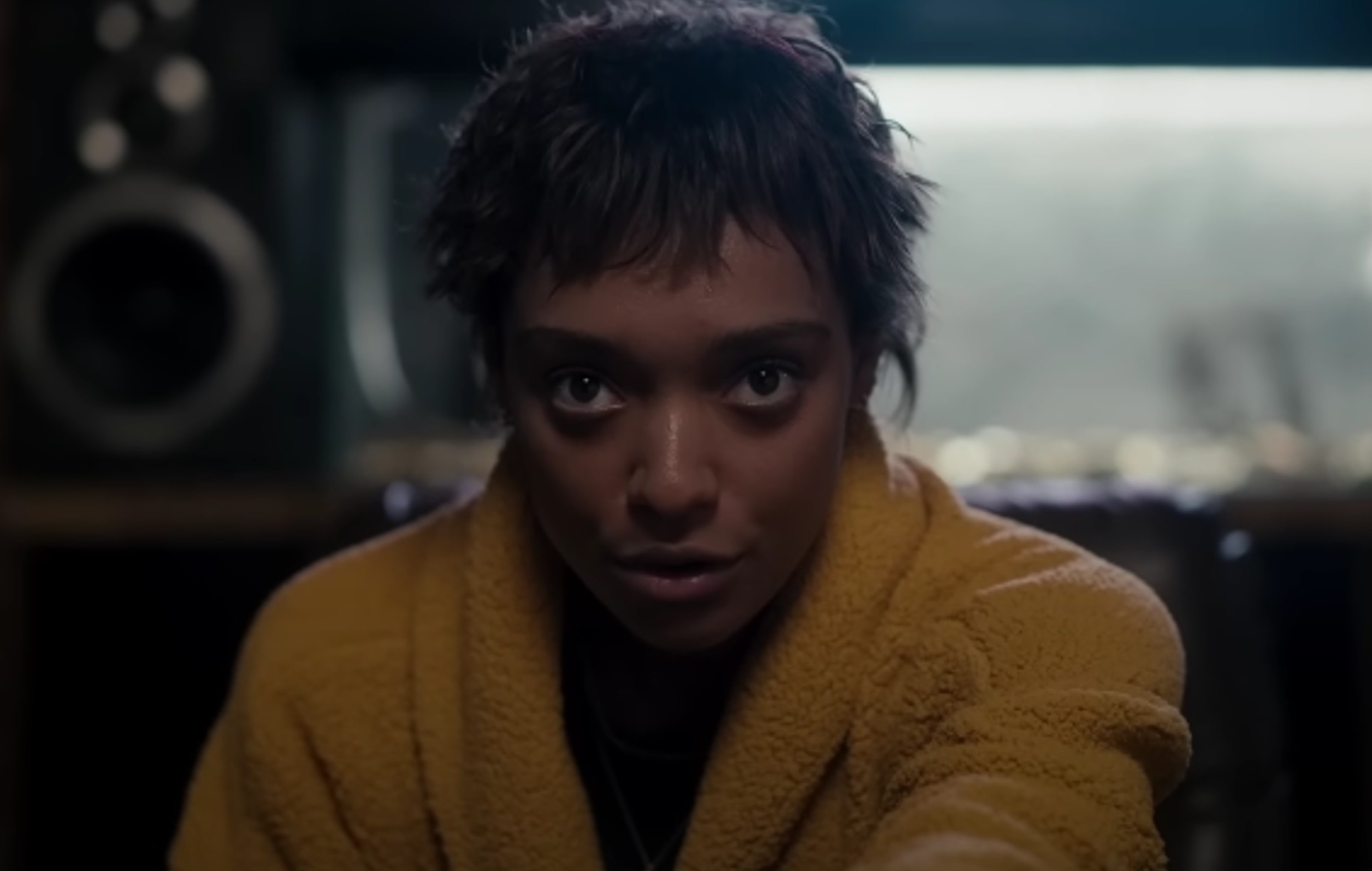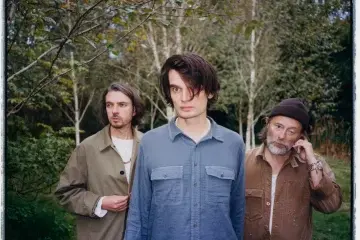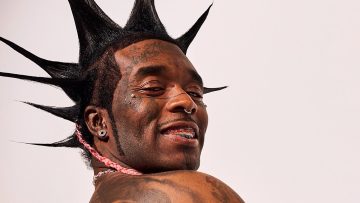★★★★★
Since William Friedkin and Peter Blatty’s The Exorcist left audience members being carted out of cinemas on stretchers in 1973, possession movies have found themselves fascinated with generational divides.
The trope of the young child leaking black goo from their eyes to the horror of the adults around them isn’t cinema’s subtlest metaphor. It is, however, one of the most enduring. And now, with Danny and Michael Philippou’s directorial debut Talk to Me, it’s been given an ingeniously modern twist.
With an exceptional cast of teenagers working to pull the spirits of the damned from Jade’s (Alexandra Jensen) younger brother Riley (Joe Bird), the subject of Talk to Me’s horror isn’t a kid dozens of years their junior. Instead, the little scamp at first seems a little too close for comfort. Jade’s friend Mia is almost a sister to him. They take him along to the film’s boisterous parties – all of which revolve, ill-advisedly, around using a mummified hand to commune with the dead.
Things don’t end well.
Riley’s mother, Miranda Otto’s brilliantly sweary Sue, is around to raise hell, of course. But for most of Talk to Me’s runtime, it’s the teens who’re trying to clean up their mess. With smartphones quickly whipped out to film every interaction with the other side, possession in the Philippous’ debut isn’t so much a religious experience as a new viral challenge. It’s only when things go horribly wrong that they realise the consequences of their new high – and the growing distance between them and the brother just a few years younger than they are.

Sophie Wilde makes a brilliant debut as lonely teen Mia (credit: Altitude)
But for a film which has a tendency to lean into the metaphorical and the macabre, moments of Talk to Me still deliver a surprising emotional warmth. Whether it’s carpool singalongs to Sia’s ‘Chandelier’ or Mia’s leg timidly seeking connection in the quiet of the night, there’s a soul here rare even in the glut of fun, quality horror we’ve seen in recent years. The group of teens at the centre are at turns funny and melodramatic, and all the more believable for it. At times, it feels like a coming-of-age movie.
It’s also, for existential reasons as well as the supernatural, very scary. Sophie Wilde and Joe Bird put in powerhouse performances both in and out of the influence of ghosts and ghouls. Bird, in particular, almost re-invents the narrative of the possession victim, largely ignoring those around him in favour of self-mutilation scenes, which are pretty hard to watch.
Talk to Me is a film which, like the best horror, can be read in a number of different ways. A critique of our relationship with social media, a passionless portrayal of the climate crisis, and the nihilism of a post-spiritual society. More than anything, though, it feels like the perfect treatise on lonely people unable to talk to each other. For a movie balancing so many themes, its summary feels pretty simple. It captures the zeitgeist of the 2020s just as well as clearly as The Exorcist saw the 1970s 50 years ago. It’s hard to give higher praise than that.





